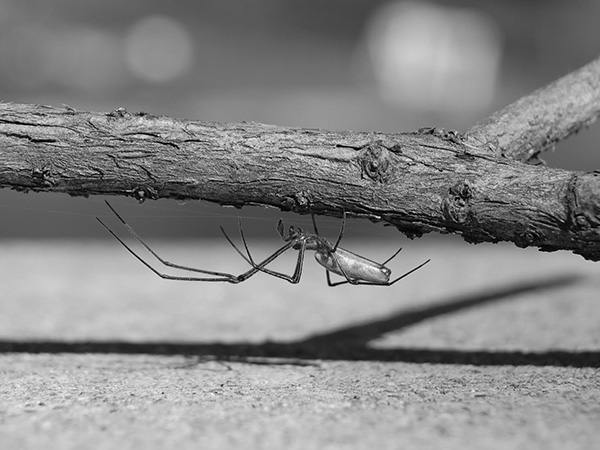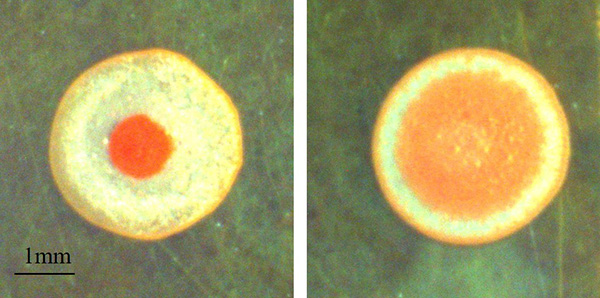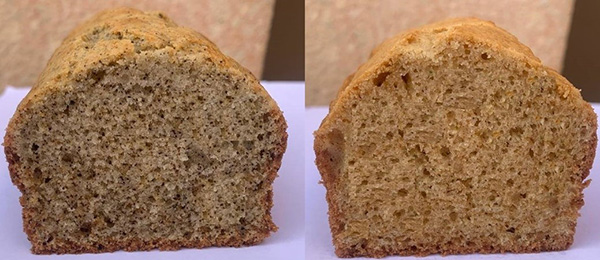FOR IMMEDIATE RELEASE
As summer draws to a close, the long vines and tendrils of most melons and gourds in the Cucurbitaceae family snake their way along the ground. And they’re dotted with fruits, such as cucumbers or pumpkins. Below are some recent papers published in ACS journals that report insights into melons’ potential health impacts, pathogens and contaminants. Reporters can request free access to these papers by emailing newsroom@acs.org.
“Nanoparticles Loaded with a Carotenoid-Rich Extract from Cantaloupe Melon Improved Hepatic Retinol Levels in a Diet-Induced Obesity Preclinical Model”
ACS Omega
July 26, 2023
Cantaloupe melons are rich in beta-carotene and other carotenoids, which break down into vitamin A, also called retinol, in the human body. However, people with obesity tend to consume less of this micronutrient than those of average weight. So, these scientists created carotenoid nanocapsules by extracting the molecules from cantaloupes and coating them with gelatin. When obese rats ingested the capsules, they ate less food, and their livers contained more retinol. The team says that the technique should be evaluated as a treatment for diseases associated with vitamin A deficiency and obesity.
“Degradation of α-Subunits, Doa1 and Doa4, are Critical for Growth, Development, Programmed Cell Death Events, Stress Responses, and Pathogenicity in the Watermelon Fusarium Wilt Fungus Fusarium oxysporum f. sp. niveum"
Journal of Agricultural and Food Chemistry
July 24, 2023
To find better ways to combat watermelon fusarium wilt, researchers focused on two genes in the fungus that causes the disease. They infected young watermelon roots with spores from a wild-type fungal strain and from mutant ones with either the FonDoa1 or FonDoa2 gene removed. After three weeks, the mutant fungal strains grew less, caused less severe disease and killed fewer plants. The team suggests targeting these genes with future fungicides.
“Highly Efficient and Simultaneous Analysis of Three Common Fluorotelomer Alcohols in Vegetables and Soils”
Journal of Agricultural and Food Chemistry
July 21, 2023
As a step toward routine analyses of fluorinated compounds in foods, researchers have optimized a method to measure levels of three fluorotelomer alcohols. The team developed their technique using fruits and vegetables, including cucumbers. Then they measured the contaminants in calabash gourd, bitter gourd, towel gourd, pumpkins and 16 other edible vegetables grown near a fluorochemical facility. Many samples had detectable levels of one or more of the contaminants.
“Pumpkin and Pumpkin Byproducts: Phytochemical Constitutes, Food Application and Health Benefits”
ACS Omega
June 23, 2023
Pumpkin pulp is a tasty addition to autumnal pies, soups and drinks. But what are its health benefits? In this review, the authors assessed the edible parts of pumpkin and pumpkin waste byproducts for their nutritional qualities. They report that the flesh, seeds, leaves and skin of pumpkins contain important trace elements, vitamins and nutrients. Phytochemicals, in particular, can provide antidiabetic, antioxidant and antidepressant effects. And the waste products of pumpkins can serve as functional ingredients for baked goods, drinks, and meat and dairy products.
###
The American Chemical Society (ACS) is a nonprofit organization chartered by the U.S. Congress. ACS’ mission is to advance the broader chemistry enterprise and its practitioners for the benefit of Earth and all its people. The Society is a global leader in promoting excellence in science education and providing access to chemistry-related information and research through its multiple research solutions, peer-reviewed journals, scientific conferences, eBooks and weekly news periodical Chemical & Engineering News. ACS journals are among the most cited, most trusted and most read within the scientific literature; however, ACS itself does not conduct chemical research. As a leader in scientific information solutions, its CAS division partners with global innovators to accelerate breakthroughs by curating, connecting and analyzing the world’s scientific knowledge. ACS’ main offices are in Washington, D.C., and Columbus, Ohio.
To automatically receive press releases from the American Chemical Society, contact newsroom@acs.org.
Note: ACS does not conduct research, but publishes and publicizes peer-reviewed scientific studies.








